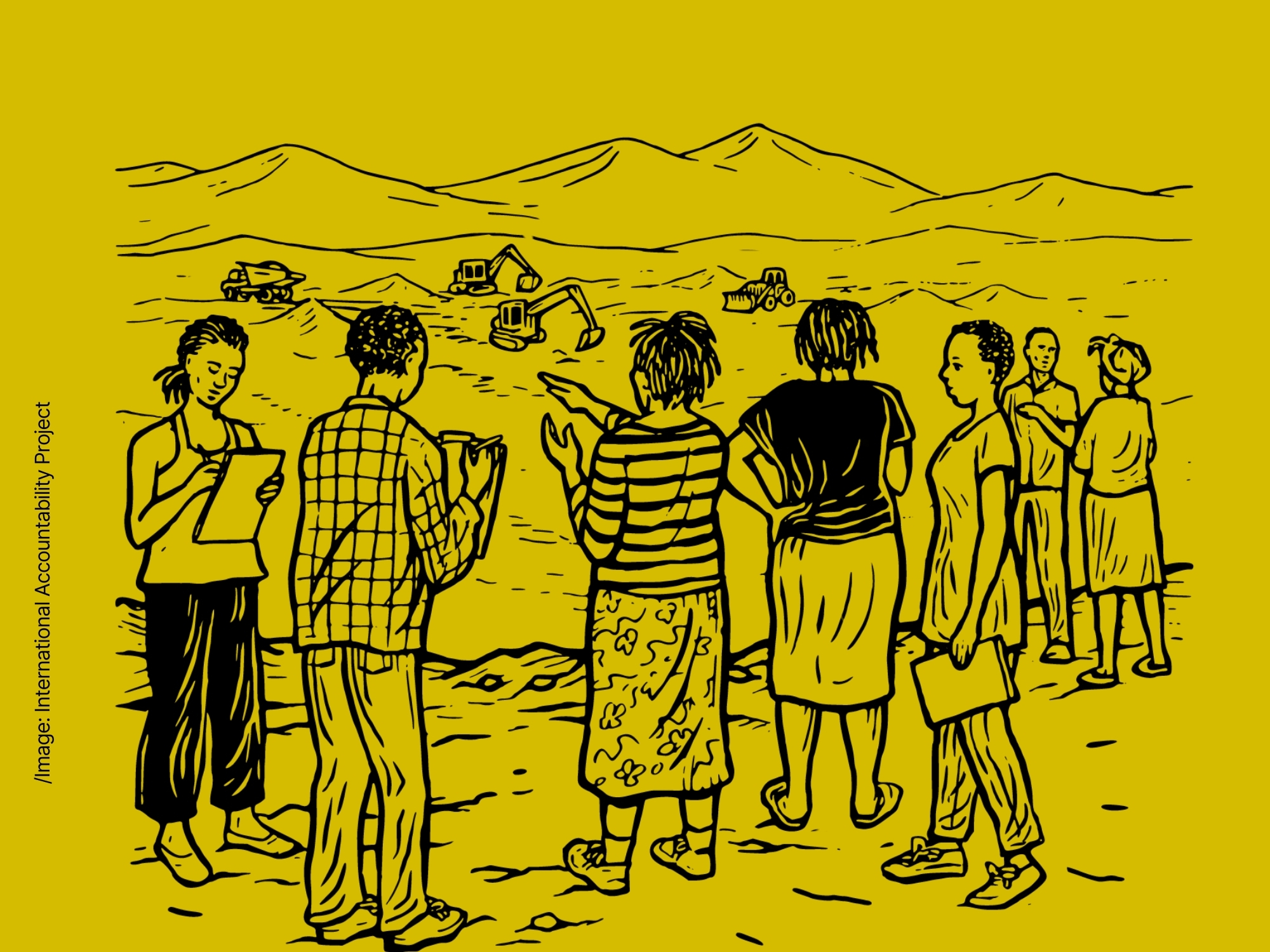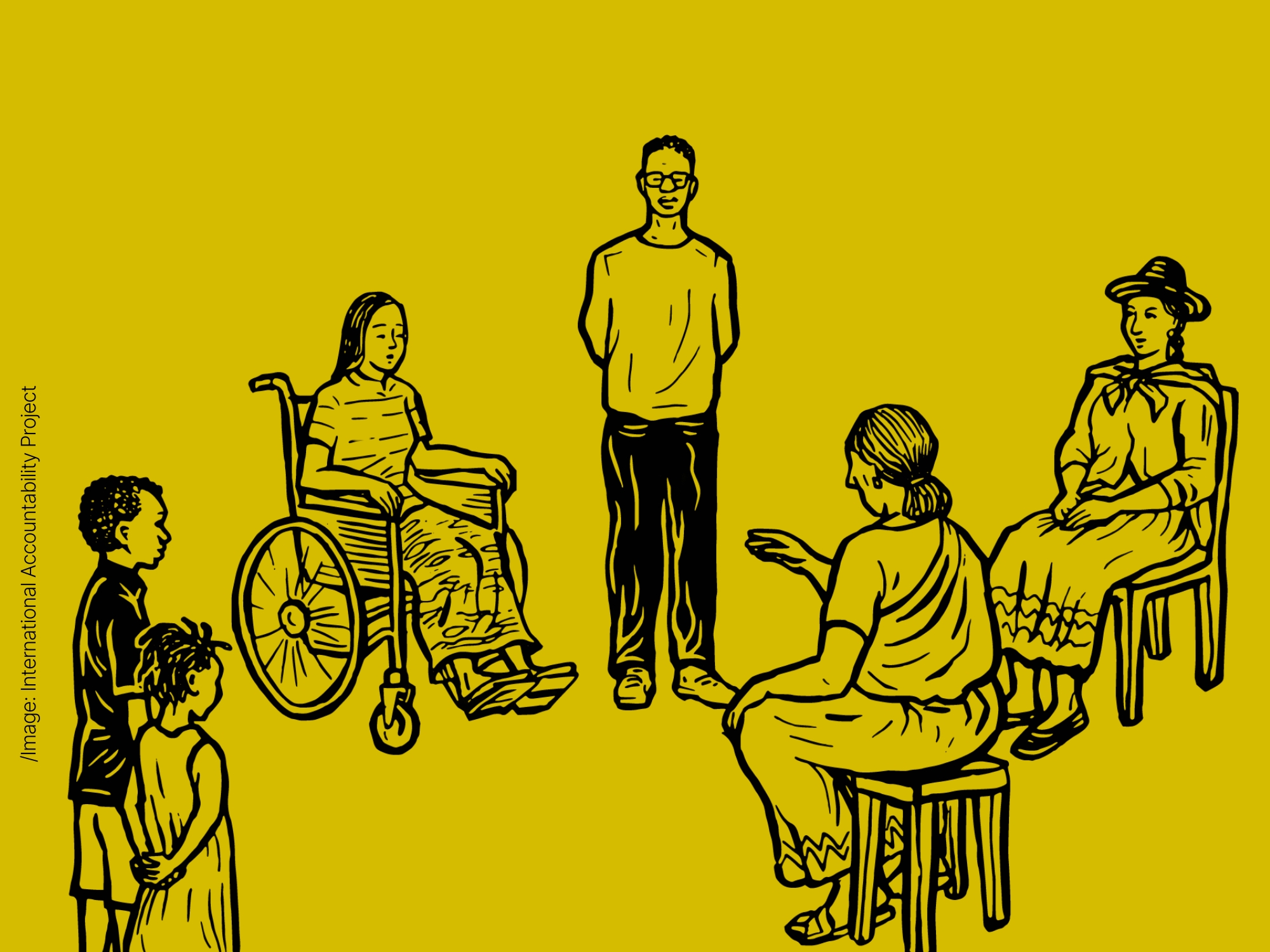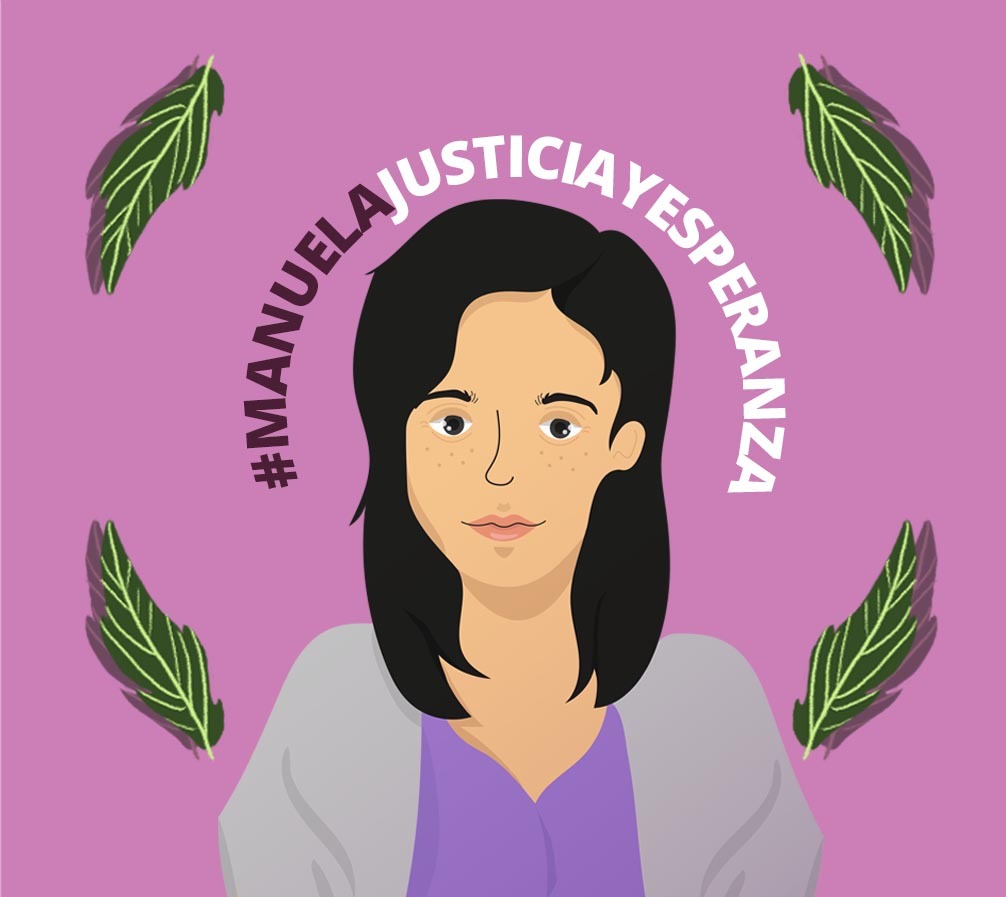Human rights advocacy depends on the strength of the evidence behind every claim. Documenting does not simply mean hearing a testimony or reading a news article: it means gathering verifiable, organized, and reliable information that can support rigorous analysis and effective advocacy.
This tip sheet, developed together with Manushya Foundation (Thailand), is useful for strengthening the credibility of your evidence and reinforcing community-led investigations. It forms part of ESCR-Net’s Reclaiming Our Stories project and offers practical guidance for activists, communities, and human rights defenders.
What Is Credible Evidence?
Credible evidence is that which can be trusted and corroborated. It can include:
- Testimonies from affected individuals.
- Official documents and medical records.
- Photographs and videos.
- Environmental reports and technical assessments.
- Secondary evidence such as news articles, social media posts, or academic studies.
Because community-generated data is often delegitimized, it is crucial to make it as solid and precise as possible.
Key Principles in the Tip Sheet
- Maintain objectivity: avoid confirmation bias and base conclusions only on verified evidence.
- Use multiple sources: don’t rely on a single testimony—combine records, images, interviews, and other forms of proof.
- Keep detailed records: when, where, and how each piece of evidence was collected, while protecting confidentiality.
- Verify information: cross-check testimonies, look for consistency in secondary details, and corroborate across types of evidence.
- Ensure informed consent and confidentiality: explain clearly how information will be used and respect each participant’s decision on disclosure.
Common Mistakes to Avoid
The tip sheet also highlights practices that undermine credibility, such as exaggerating the number of people affected, making broad generalizations from limited interviews, or breaking commitments around confidentiality.
Download the Tip Sheet
This material is designed to help communities and organizations document abuses in a solid, ethical, and strategic way.


